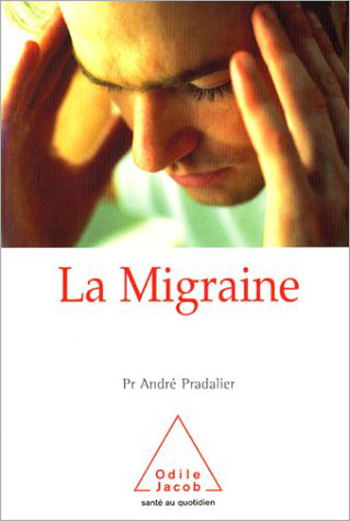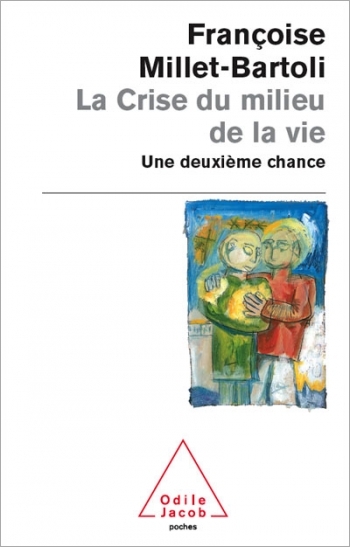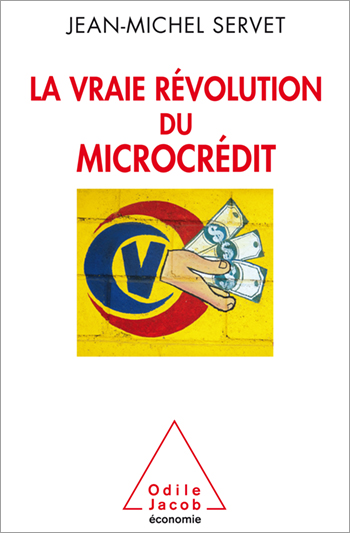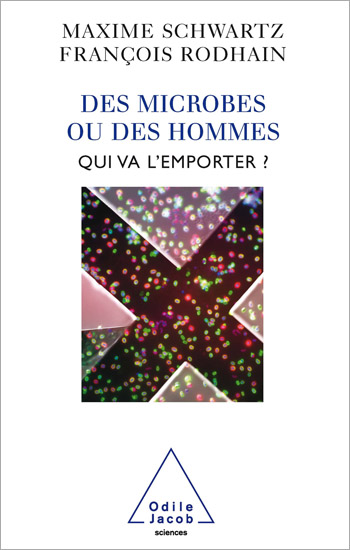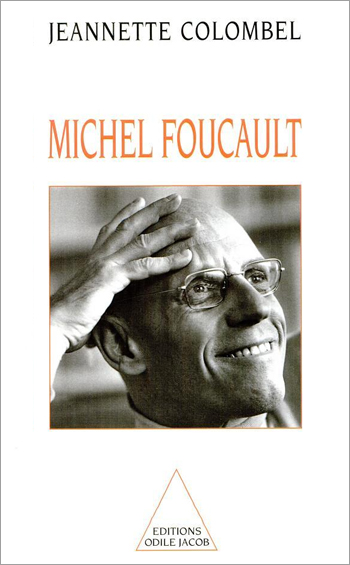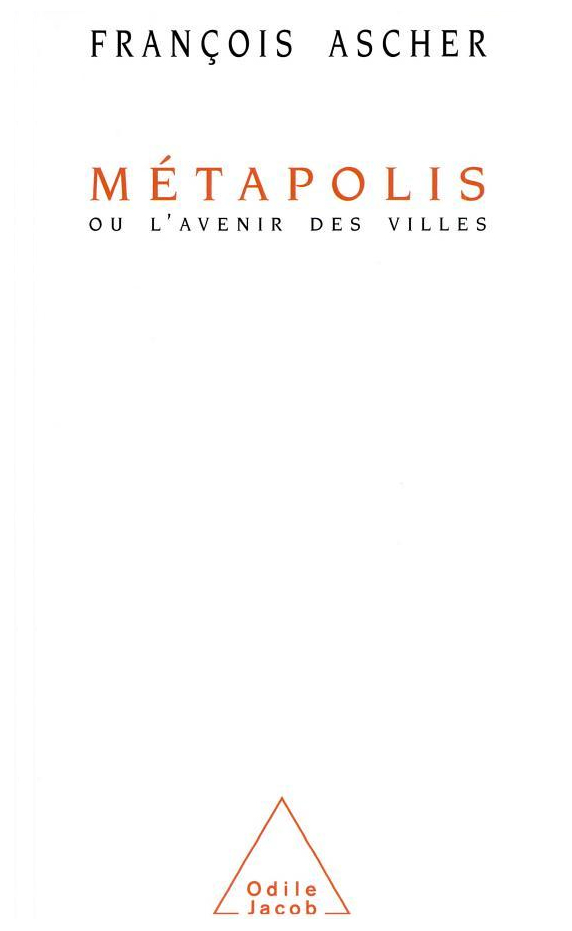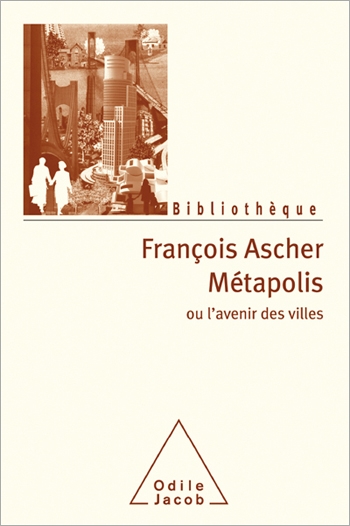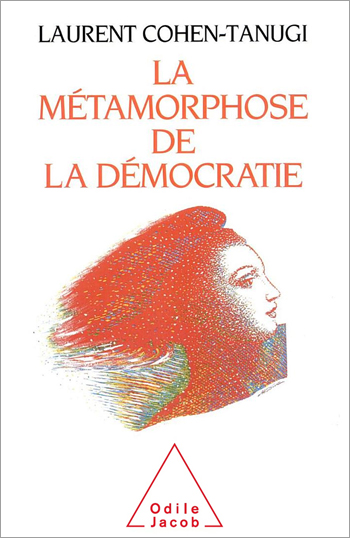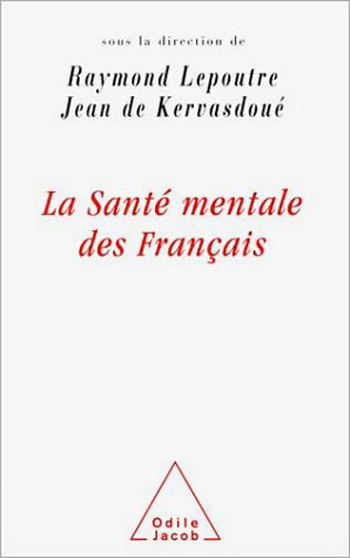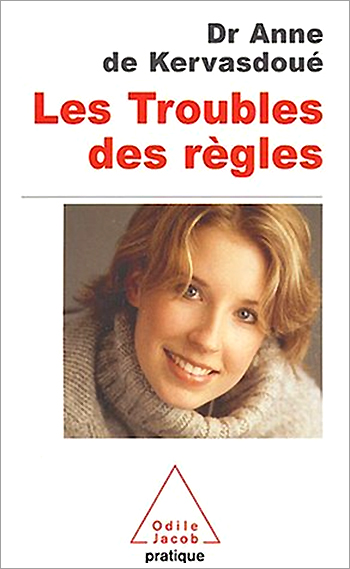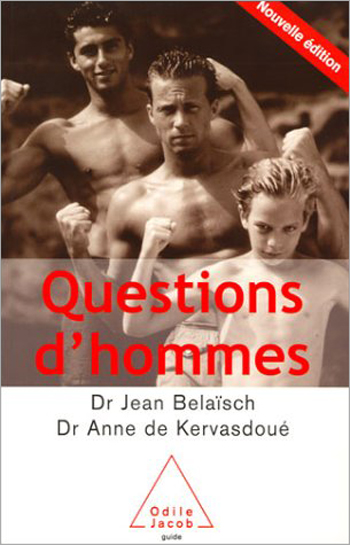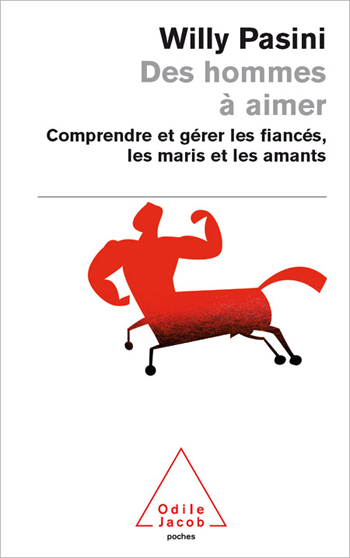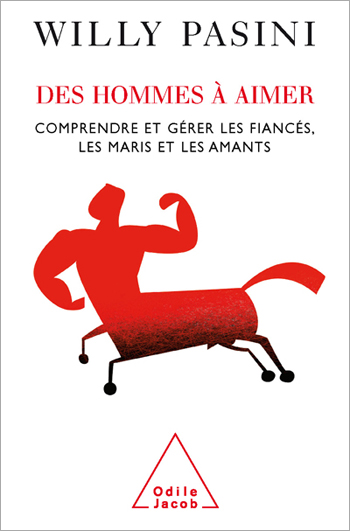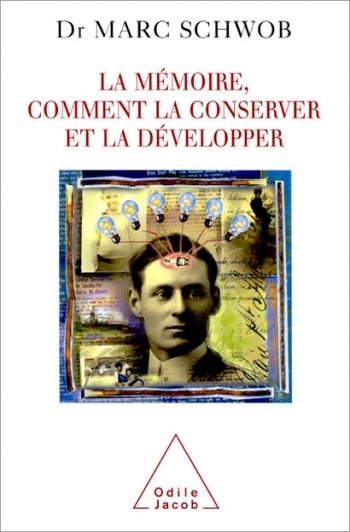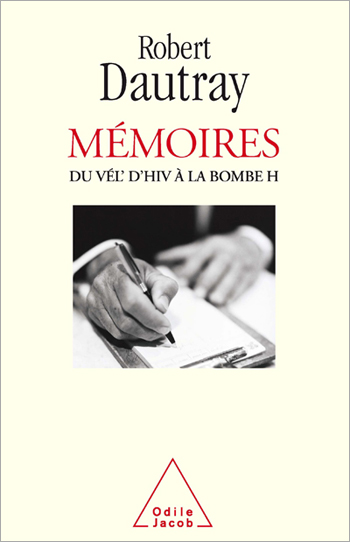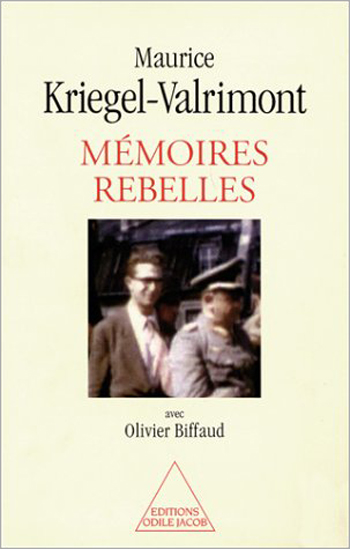Catalog All books
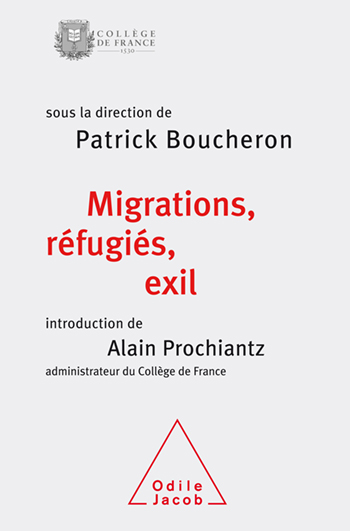
Patrick Boucheron, Alain Prochiantz
Migrants, Refugees, and Exile Colloquium at the Collège de France
The timeliness of the issue of migratory movement and the displacement of populations. The multi-disciplinary nature of the studies, which bring together history and geography, geopolitics, psychology, as well as law and economics.
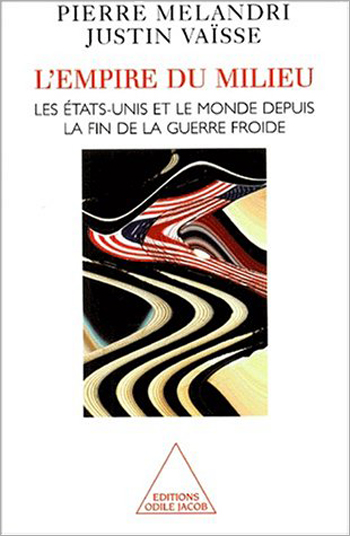
Pierre Mélandri, Justin Vaïsse
The Middle Kingdom The United States and the World Since the End of the Cold War
"No one would deny the central role played by the U.S. More than any other nation, it has shaped the world we live in and will continue to do so for several years to come. For this reason, it is essential to judge its actions abroad in a manner that is as free of clichés as it can. Our goal was to present the reader with as complete a picture as possible of U.S. presence in the world, without neglecting any episode or omitting any angle that could be insightful." Pierre Mélandri and Justin Vaïsse Justin Vaïse is a historian. Pierre Mélandri teaches at the University of Paris III-Sorbonne Nouvelle.
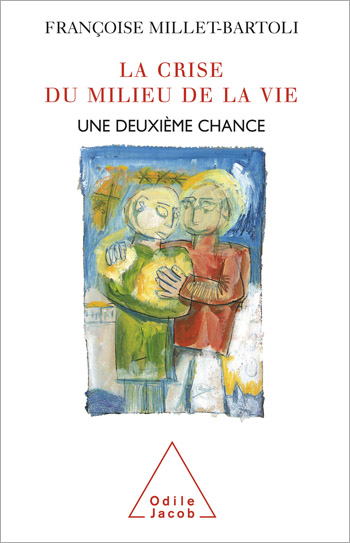
Françoise Millet-Bartoli
Mid-Life Crisis A Second Chance
In France, the notion of a mid-life crisis remains relatively little known. And yet, just like childhood and adolescence, mid-life is a specific age characterised by a distinctive psychology and, sometimes, psycho-pathology. This often-feared time of life, governed by major personal changes, can also be a period of true rebirth if the mid-lifer learns how to deal with the changes, by being informed and knowing how to react. This book focuses on what mid-lifers can do to live in greater harmony with themselves. Françoise Millet-Bartoli is a psychiatrist and psychotherapist and teaches at the medical faculty of Toulouse.
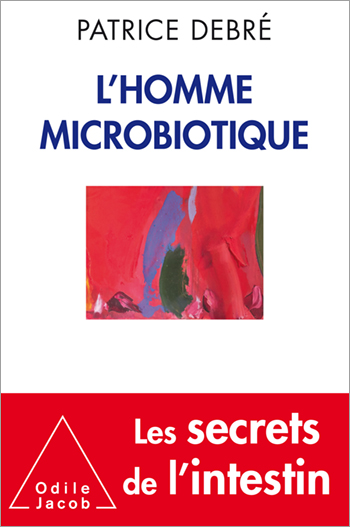
Patrice Debré
Microbiotic Man Humans and microbes: thousands of years of a shared history — for better or for worse.
A book that will interest readers who wish to learn more about such issues as epidemics, the current vaccination controversy, the recent flare-up of the Ebola virus and hopes of eradicating Ebola.
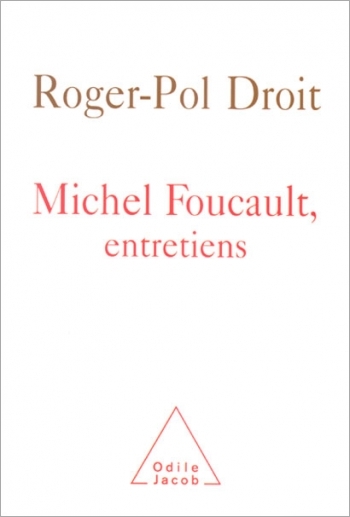
Roger-Pol Droit
Michel Foucault, interviews
On 25 June 1984, Michel Foucault died of AIDS-related complications at a hospital in Paris. Since then, his reputation and influence - already great during his lifetime - have not ceased to grow. Whether his subject was asylums, prisons or the history of sexuality, Foucault always tried to understand the organising forces behind prevalent social attitudes, by which a society defines itself, so as to disrupt the existing order. A philosopher as well as a historian, Foucault was an unclassifiable, unpredictable, subversive thinker, and the inventor of a new style of intellectual investigation. He rarely spoke of himself, or of his goals, or of his relations to his own writing, experiences and intellectual development. He did, however, talk about himself in a series of interviews that he gave me in June 1975, a few weeks after the publication of Discipline and Punish: The Birth of the Prison. Wishing to pay homage to his memory, I have gathered here three of those interviews, which were previously published in the press, along with some of my memories and thoughts about him, writes Roger-Pol Droit. Roger-Pol Droit is a research fellow in philosophy at the Centre National de la Recherche Scientifique (CNRS) and a columnist for the French daily newspaper Le Monde. He is the author of La Compagnie des philosophes, La Compagnie des contemporains, 101 Expériences de philosophie quotidienne and Dernières nouvelles des choses.
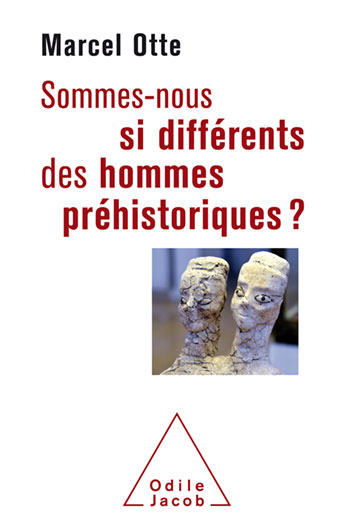
Marcel Otte
The Metamorphoses of Humans
A light shed by prehistory on the profound nature of humans, their relationship to the natural world, their appetite for conquest, but also their passion for challenges and their inventiveness.

Fabrice Delaye
The Messenger RNA Revolution Vaccines and New Therapies
Messenger RNA, or the revenge of the outsiders: 40 researchers and entrepreneurs tell of the prodigious discoveries of the last few decades, their current development, and their immediate future.

Robert Darnton
Mesmerism and the End of the Enlightenment in France
At the beginning of 1778, Franz-Anton Mesmer arrived in Paris where he set about expounding his rather exotic theory - that the universe was swimming in a fluid which was responsible for occurences such heat, light, electricity and magnetism, but it was this fluid's relevance to medicine which he wished to highlight. In order to restablish health and man's harmony with nature he undertook strange healing sessions which became the origins of an extraordinary craze. Quickly, mesmerism became a disguised political theory. In demonstrating the links of mesmerism to politics, and the scientific notions of the age, Robert Darnton provides in this work a decisive contribution to the study of the diffusion of ideas in French society at the end of the 18th century. Robert Darnton is a professor at the University of Princeton
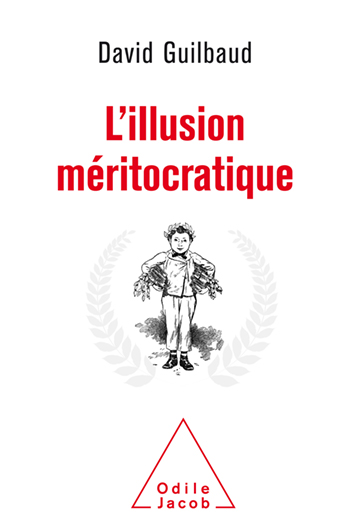
David Guilbaud
The Meritocratic Illusion
David Guilbaud forcefully and with great talent dismantles the meritocratic illusion that enables a justification of an increasingly selective and unequitable educational system.
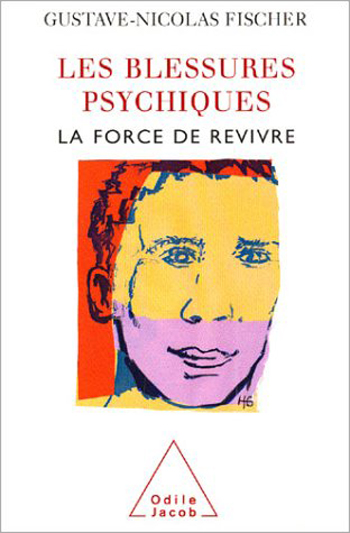
Gustave-Nicolas Fischer
Mental Wounds The Strength to Start Over
This book is about the victims of psychological trauma: survivors of war atrocities, torture and attacks, as well as those men and women who suffer daily from emotional harassment. The author shows how these mental wounds can be cared for and how they can heal: by working on memory, through speech, through the support of therapy, by a gesture of reparation, and through forgiveness. Such is the healing process that will help victims to return to life and understand the price. Gustave-Nicolas Fischer teaches psychology and directs the laboratory of psychology at the University of Metz.
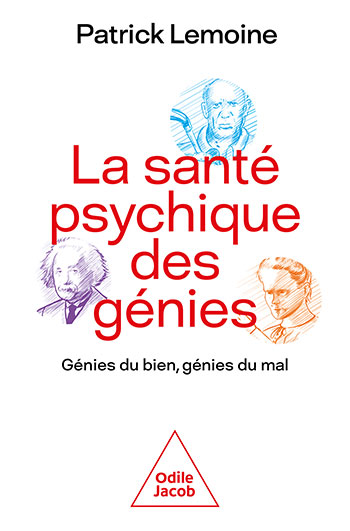
Patrick Lemoine
The Mental Health of Geniuses Geniuses of good, geniuses of evil: what’s the difference?
For each famous figure, a well-documented profile that challenges our view of them, a clinical diagnosis and, as a bonus, a final percentage of good or evil…
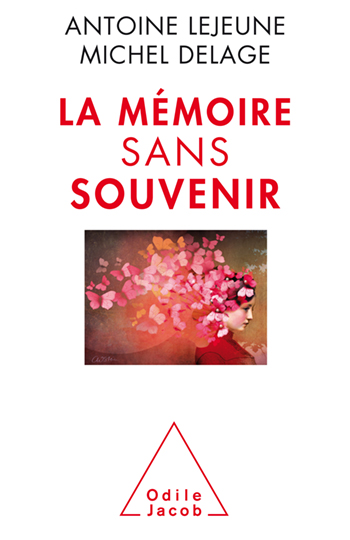
Michel Delage, Antoine Lejeune
Memory Without Recall
The identification of the various facets of a composite memory, with its neuro-cerebral bases and the complex relationships it maintains with our conscious memory. By two clinicians, one neurologist and the other psychiatrist, the presentation of therapeutic applications of this memory in the field of trauma, neurodegenerative disorders such as Alzheimer's, body-oriented psychotherapy techniques and even family therapies.
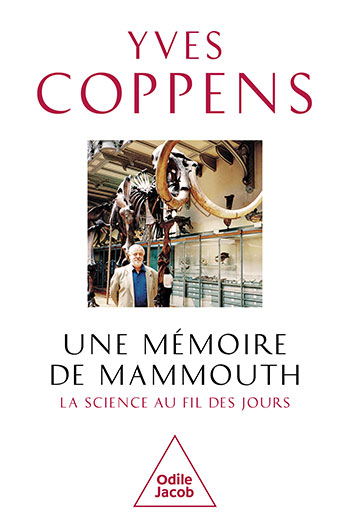
Yves Coppens
Memory of a Mammoth Science, past and present
The latest memoir by Yves Coppens. With 40 tastes of science and history. With 40 illustrations, maps and photos.
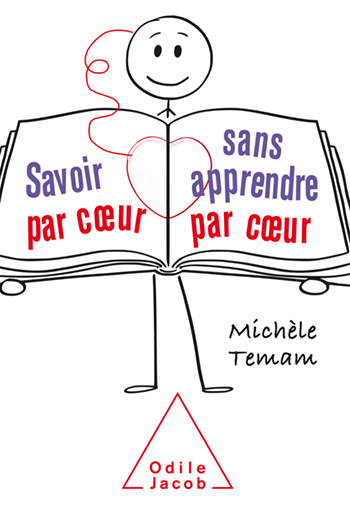
Michèle Temam
Memorizing without Memorization
A practical guide intended for students, combining a method, its direct application, and a scientific explanation for that method.
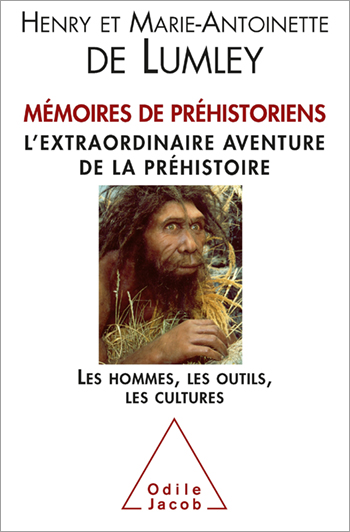
Henry de Lumley, Marie-Antoinette de Lumley
The Memoirs of Two Prehistorians
The epic story of Humankind, recounted by eminent prehistorians

